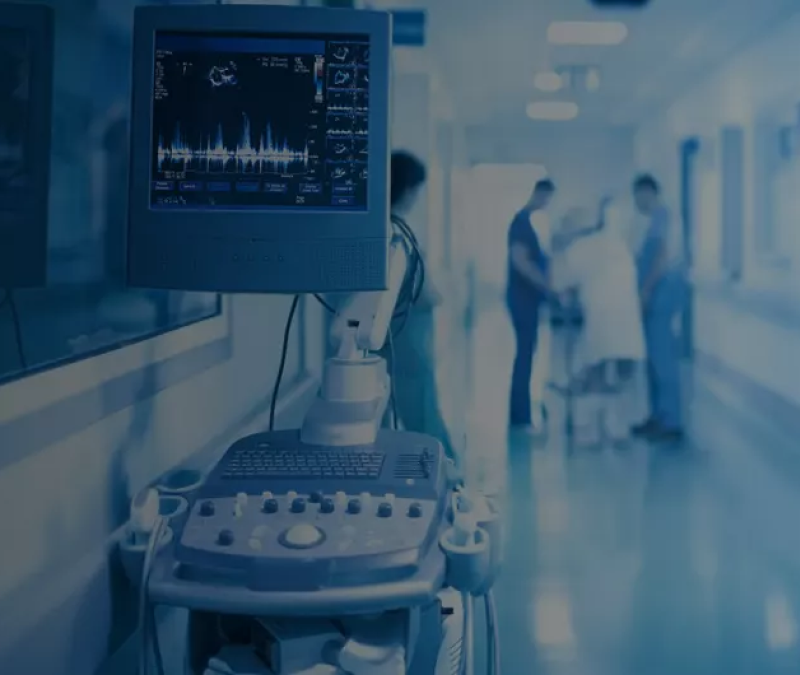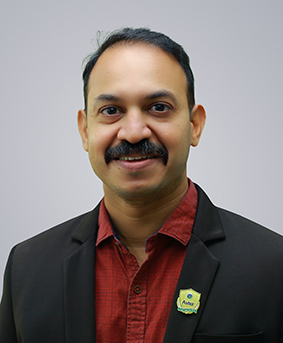Be it unfortunate medical emergencies or sudden accidents, our highly trained team of critical care specialists are present 24x7 at the hospital and are available to perform life-saving measures for patients in need of immediate medical attention. In addition to the critical care specialists, our ICU provides a high level of bedside care at the hands of dedicated critical care nurses, respiratory specialists, nutritionists, physiotherapists and support staff. This specialised group ensures that the highest standards of multidisciplinary support and care are provided to critically ill patients. The unit’s advanced monitoring technology lets our medical professionals watch every hour of your improvement as you regain strength whilst ensuring that the continuum of care is always met. As a department, We’re continually working to improve the quality of care we offer and we have the technology and expertise to make not just medical decisions, but life-saving ones.
Our Doctors
We have some of the best specialists from around the world, they bring years of experience and offer evidence-based treatment to ensure the best care for you.
Advanced Technology & Facilities
Well equipped with the latest medical equipment, modern technology & infrastructure, Aster Hospital is one of the best hospitals in India.
If a patient is in a very critical condition, even carrying them to the hospital is risky. To minimize risk to the patient, we have ambulances that are fully equipped to function like an ICU – the care starts the moment the patient is picked up
FAQs
Want to find out more about the treatment? The answer to your questions can be found below.
What is the role of a critical care physician in a patient's treatment journey?
Critical care physicians in Ongole examine patients’ critical illnesses and diseases through a comprehensive monitoring process. This process includes a physical examination, diagnostic and imaging tests, analysis of previous reports, identification of potential side effects and associated risks, and, after considering all steps, treatment of patients with the best treatment plan.







